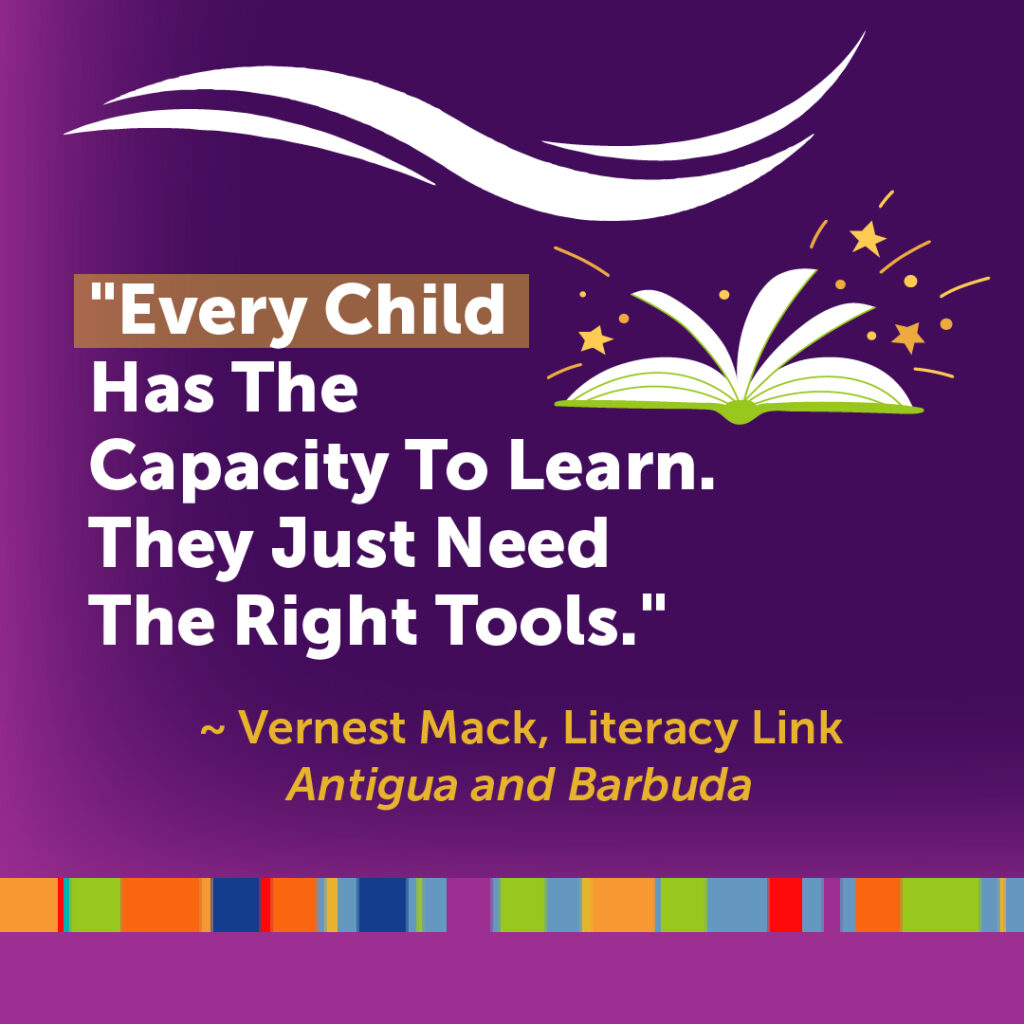In the 2022-23 school year, Hands Across the Sea, under the leadership of the Organisation of Eastern Caribbean States (OECS) PEARL Initiative, took a significant stride towards education reprioritization. The overarching goal was clear: “improve the quality of access to early childhood education and special education by increasing access to quality pre-primary services, improving services for vulnerable children, and enhancing teacher professional development.”
International researchers have estimated that 12.6% of children in the Latin America and Caribbean region bear the weight of moderate-to-severe disabilities. To put it in perspective, within a student population of approximately 120,000, this translates to the possibility of as many as 15,000 students with Special Education Needs (SEN).

The majority of school-aged children in the OECS who are believed to have learning disabilities lack formal diagnoses. This complicates the provision of services for these vulnerable children. While diagnoses are scarce, stakeholders have indicated that the three most common SEN in the school-aged OECS population are learning disabilities, Autism Spectrum Disorder (ASD), and Attention Deficit Hyperactivity Disorder (ADHD). Research also uncovers that these three SEN are significantly more prevalent in boys and often co-occur with other SEN, creating a dynamic where students may have two or more co-occurring conditions.
Based on stakeholder perceptions, the four most common types of learning difficulties are associated with oral reading, reading comprehension, writing, and mathematics. Shockingly, almost 6 in 10 Secondary Students who participated in the survey reported that they grapple with learning difficulties in these areas.
The words of UNICEF resonate deeply: “Inclusive education allows students of all backgrounds to learn and grow side by side, to the benefit of all.”
The aim of Hands Across the Sea is clear: to ensure that every child not only reads but sees themselves in the stories they read. We're committed to providing books and resources tailored to each child's interests, needs, and reading level.
Hands Across the Sea is coordinating efforts with schools throughout the Eastern Caribbean. We have been diligently crafting targeted book collections and recommended reading lists, empowering every student. These treasures will find their home in school libraries and resource centers, complementing new policies and educational training being implemented across the islands.
As Vernest Mack shares, visiting students at the Victory Centre in Antigua is always a unique experience. These special needs students eagerly anticipate every appointment, brimming with enthusiasm and excitement. Large “Big Books” hold a special place in their hearts. As Vernest reads, discussions spark, exploring content, corresponding pictures, and even predicting outcomes.
She describes, “Large illustrations and colorful pictures always capture and hold the interest of the students.” After the reading and discussion, the students yearn to explore the books on their own, encouraged to share among themselves. This moment is a highlight, and some students even ask if they can keep the books. Vernest laments, “It’s heartbreaking that I cannot do so, as I need them to read for other students.” She passionately believes that having more “special needs friendly books” at their disposal would encourage these young minds to explore books independently.
Vernest shares her elation at a few older students’ transition to the regular school system. Their reading skills have improved, and they eagerly anticipate further visits. Vernest beams with pride, saying, “I am extremely proud of them.”
